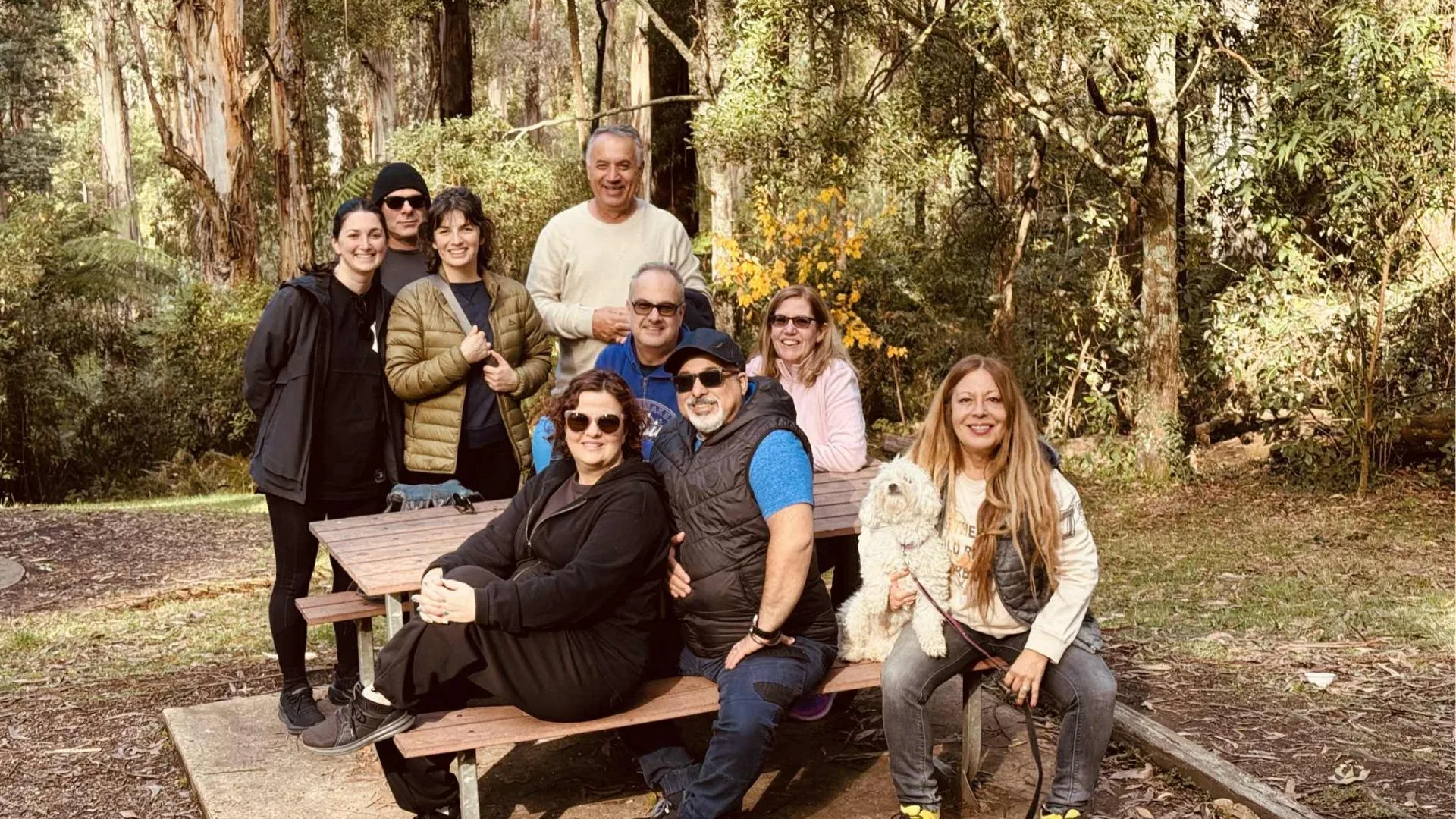On a crisp Sunday morning at Merri Creek, a group of walkers from the Sunday Morning Strollers (SMS) winds its way along the leafy green trail. Some chat animatedly in Greek, others walk quietly, listening to the rustle of leaves and the flutter of birds overhead. A couple of dogs trot happily alongside.
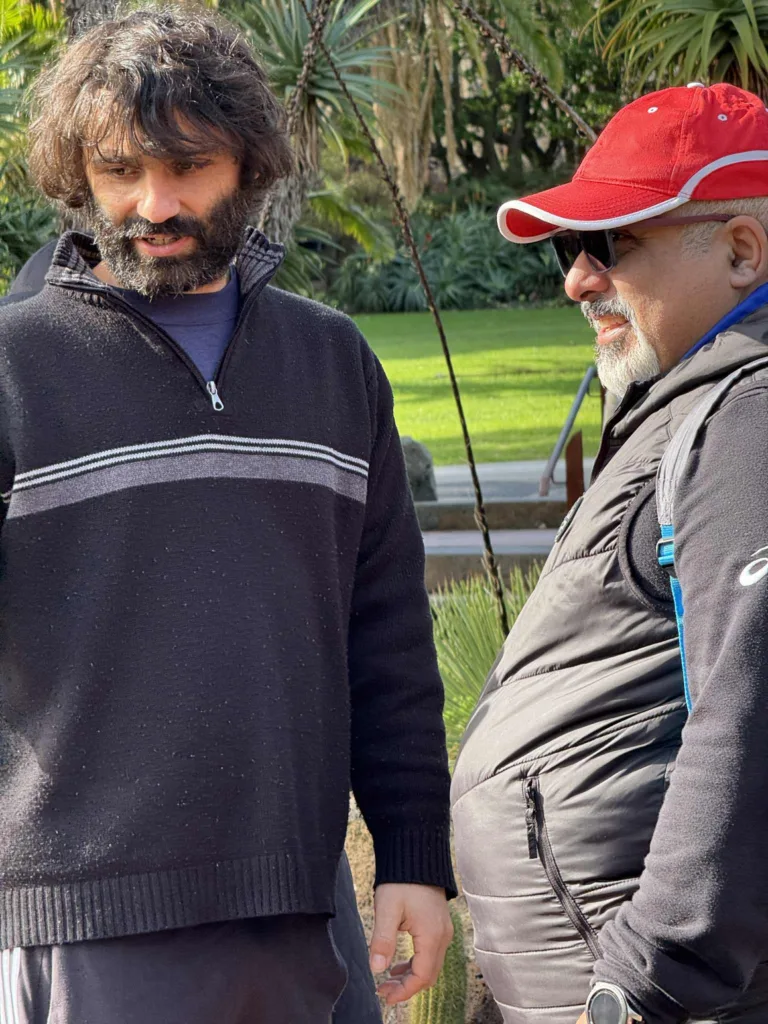
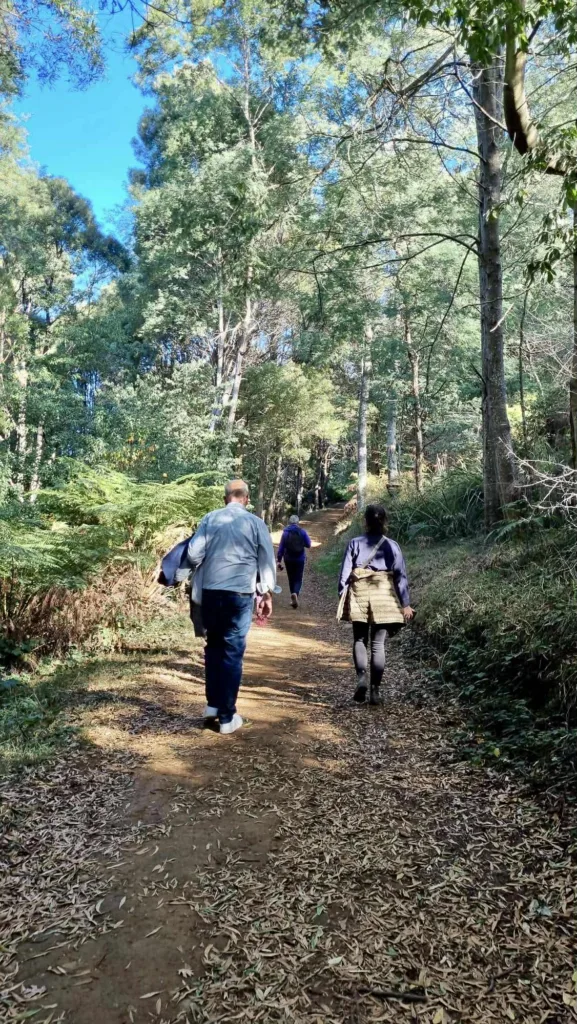
“Usually we have more people,” says Dorothy Hatzopoulou, a communications specialist who founded SMS in 2023. She shrugs. “But today is cold and muddy. The dogs will need a good wash after this.”
Merri Creek itself is a symbol of Melbourne’s green revival. Once a degraded and neglected drain, it has been transformed by decades of community replanting. Today, wrens, kookaburras and currawongs flit overhead while tortoises paddle in the shallows. Stretching 21 kilometres, the trail is a ribbon of green cutting through the city’s north.
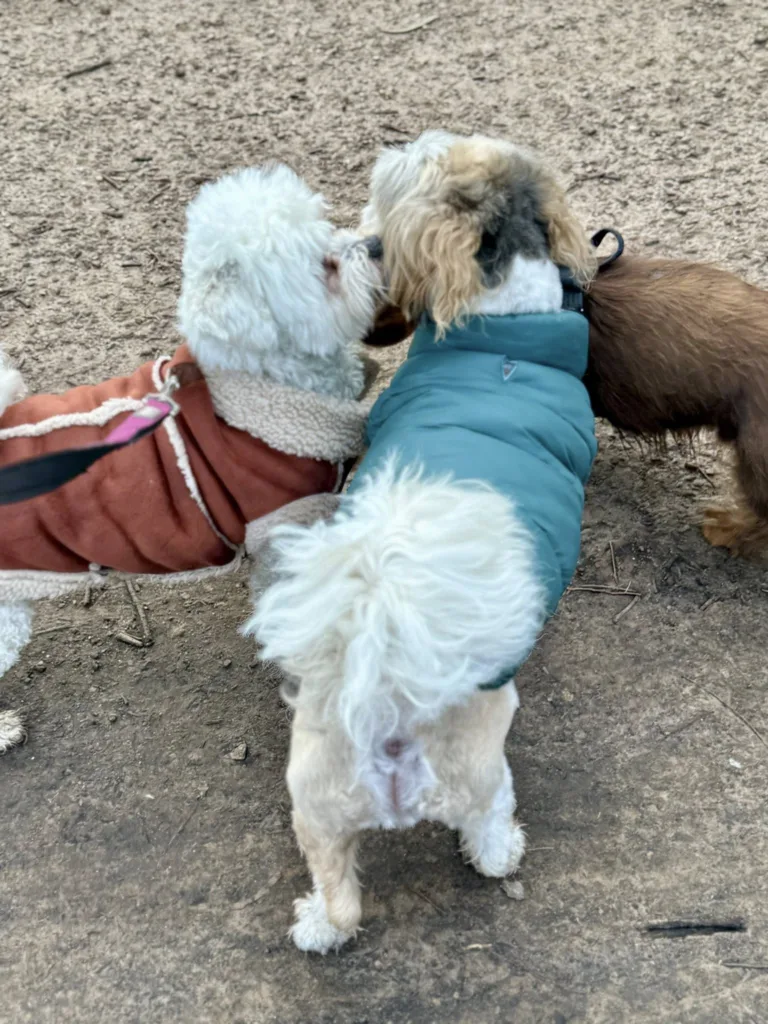
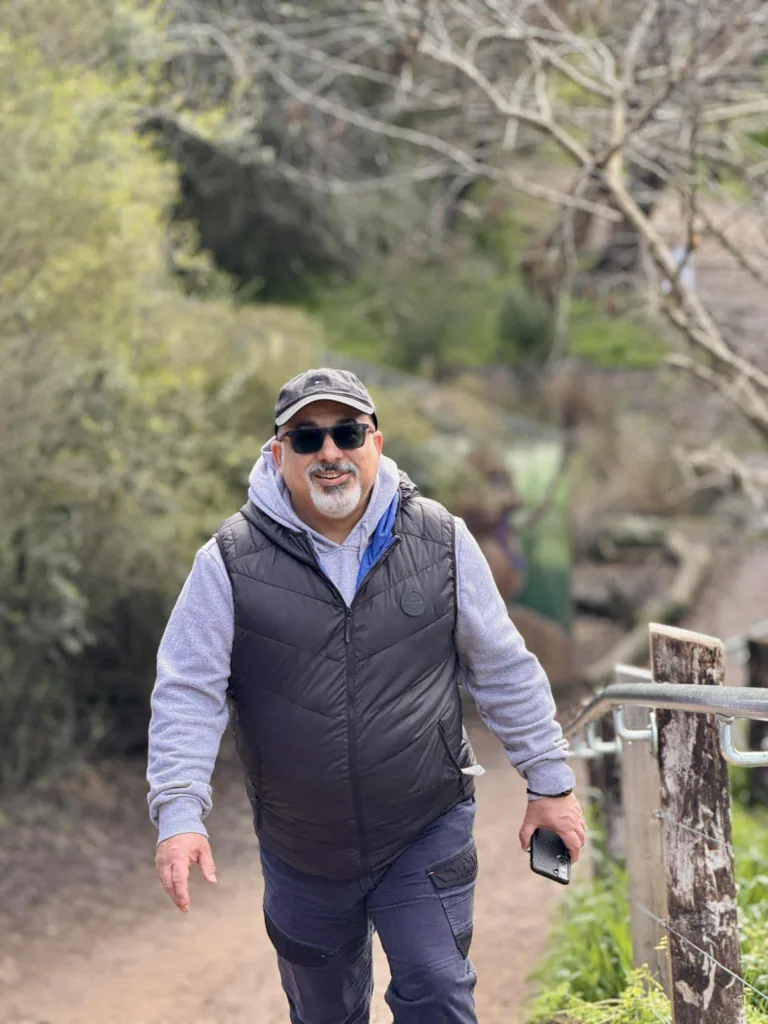
As banter continues it becomes clear the walk is about more than scenery or fitness. For this group, the trails are spaces where language, culture and connection come alive.
Though 70 percent are regulars, newcomers are embraced, joining the ‘parea’ (company). It isn’t hard to strike up a conversation, and as the walking continues along the creek, the chatter, laughter, and occasional bark blend with the sounds of nature.
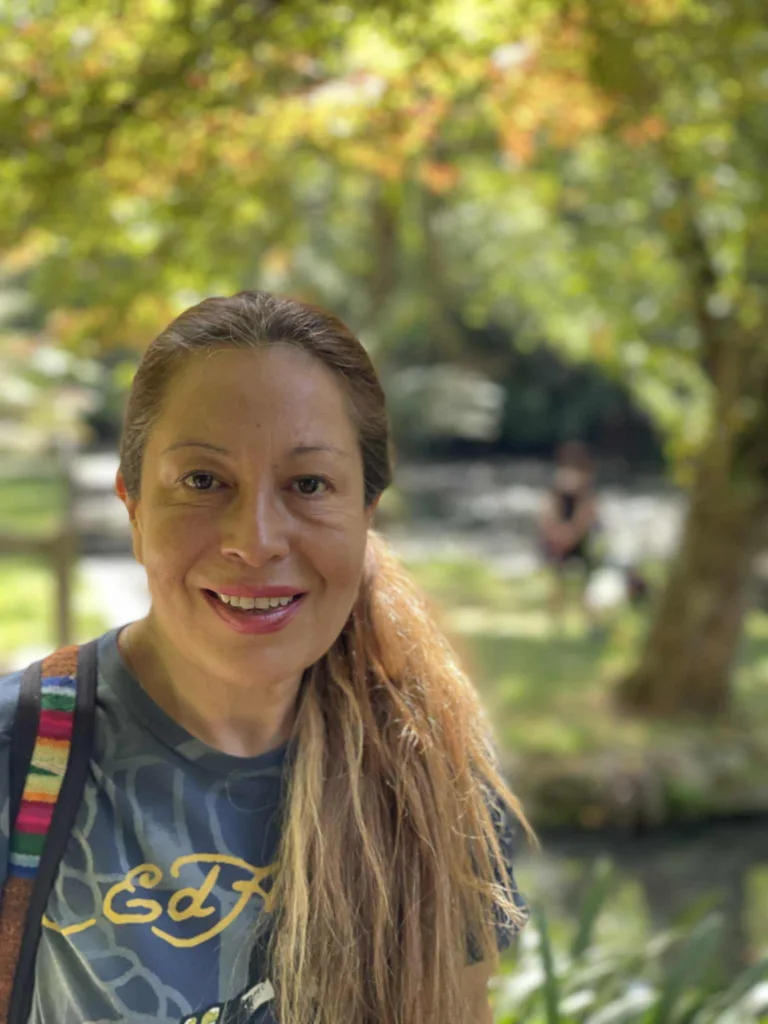
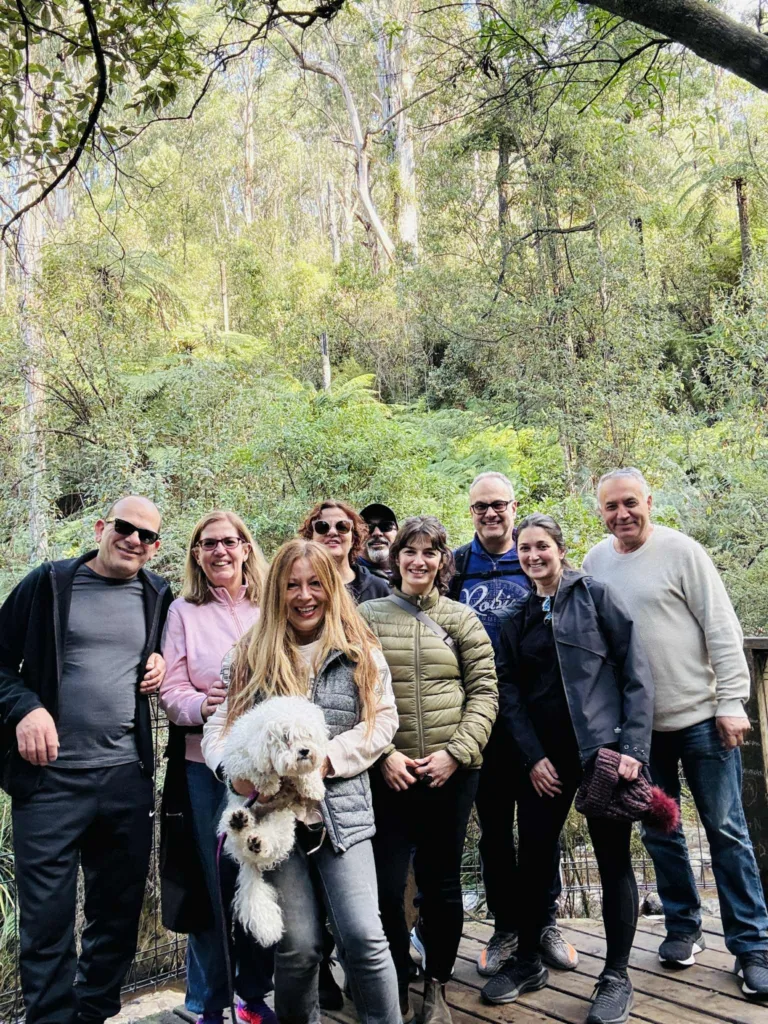
Dorothy first encountered community walking groups while living in Athens, joining the Saturday Afternoon Strollers, a mix of expats from around the globe.
“When I moved to Melbourne, I decided to do the reverse,” she explains. “We meet every second or third Sunday to walk in parks, reserves and trails. It’s about keeping our appointment with nature at least once a month, especially in the city. But walking also offers exercise, socialising and connecting with others, all while enjoying beautiful scenery.”
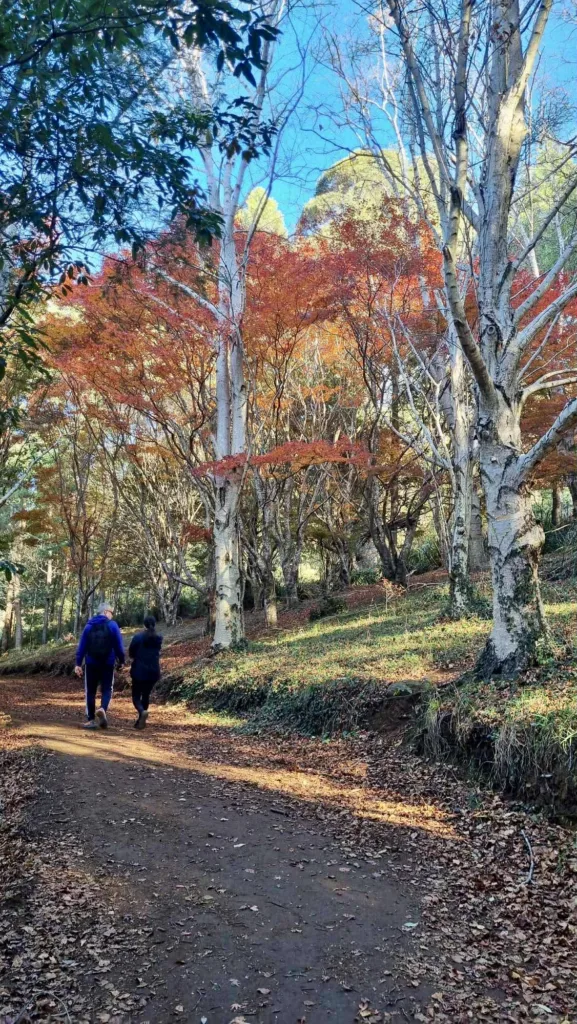
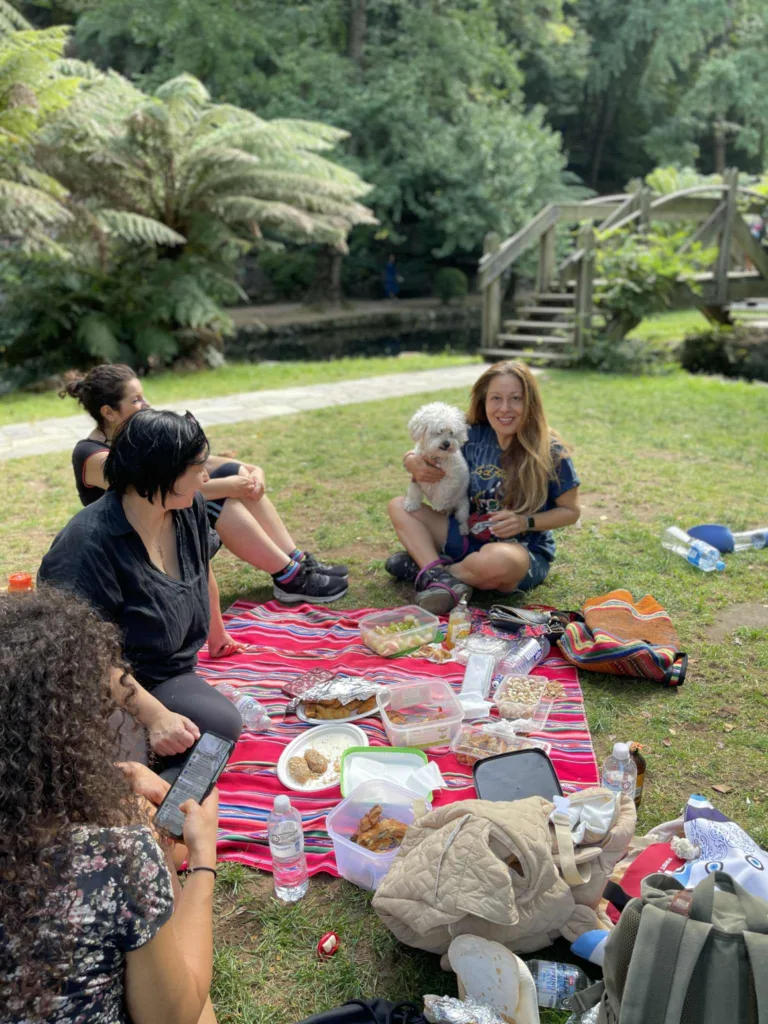
Walks are designed to be easy and accessible, suitable “for all ages, from two to 102,” she says. At the end of each outing, participants either picnic together or head to a nearby café.
Their point of difference is simple but powerful: “We walk and talk in Greek,” Dorothy says. “It’s perfect for those wanting to practise their Greek while enjoying nature.”
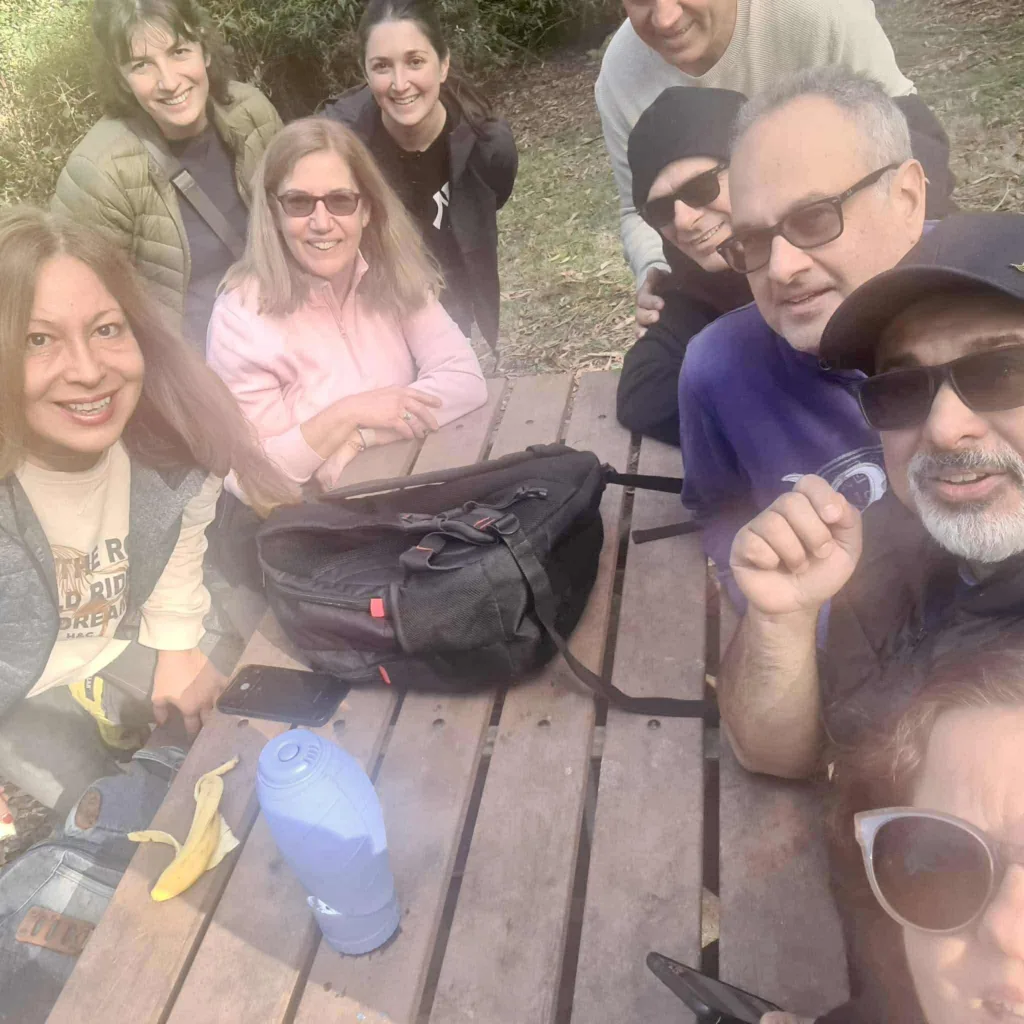
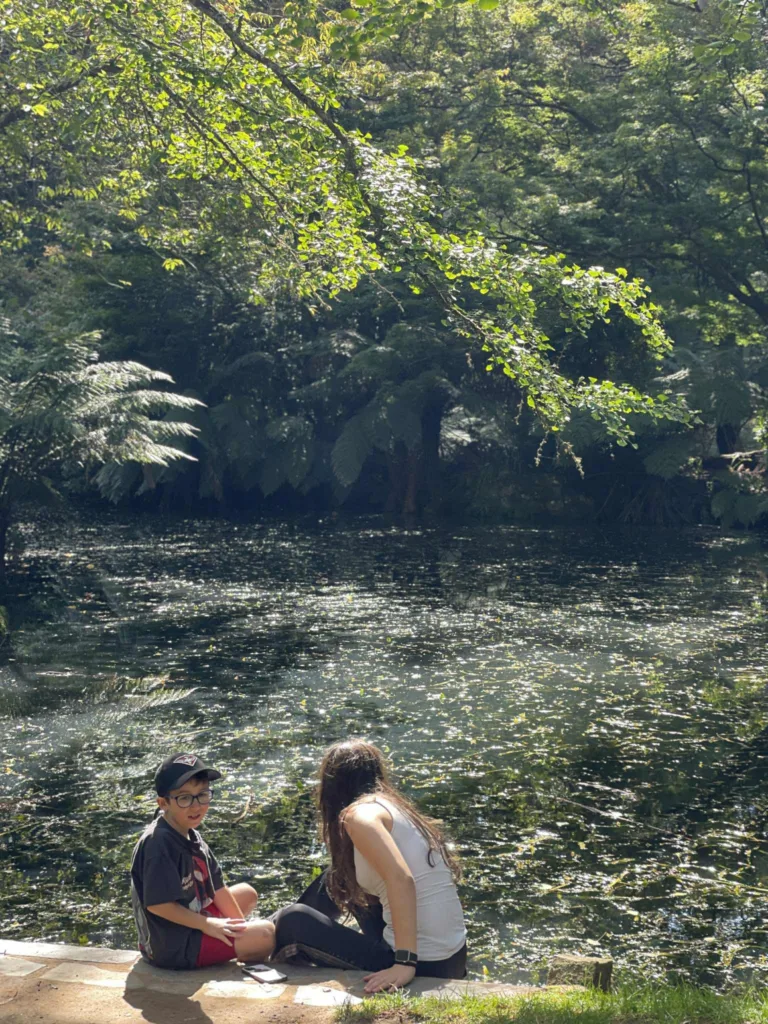
It’s an extension of her work co-founding Melbourne’s Speak Greek conversation cafés, which aim to keep the language alive among second- and third-generation Greek Australians.
Six months ago, Evangelos Plokamakis, a mechanical engineer who migrated from Athens in 2015, joined Dorothy as co-organiser.
He first connected with her after hosting a picnic for newly arrived Greeks through the Facebook group Έλληνες Νεομετανάστες Αυστραλίας (Greek Newly-Arrived Migrants to Australia). Growing up near Mount Parnitha, he was used to hiking but admits he never enjoyed walking alone. “I love the social aspect,” he says.
The group now attracts a mix of people. “We mainly have newly arrived Greeks, but sometimes second-generation Greek Australians join us. We even had an Aussie girl with mobility issues at one walk who said she learnt new things and really enjoyed it. It’s not necessary to speak Greek; we’re open and welcoming to everyone, but of course we enjoy the freedom of conversing in our language.”
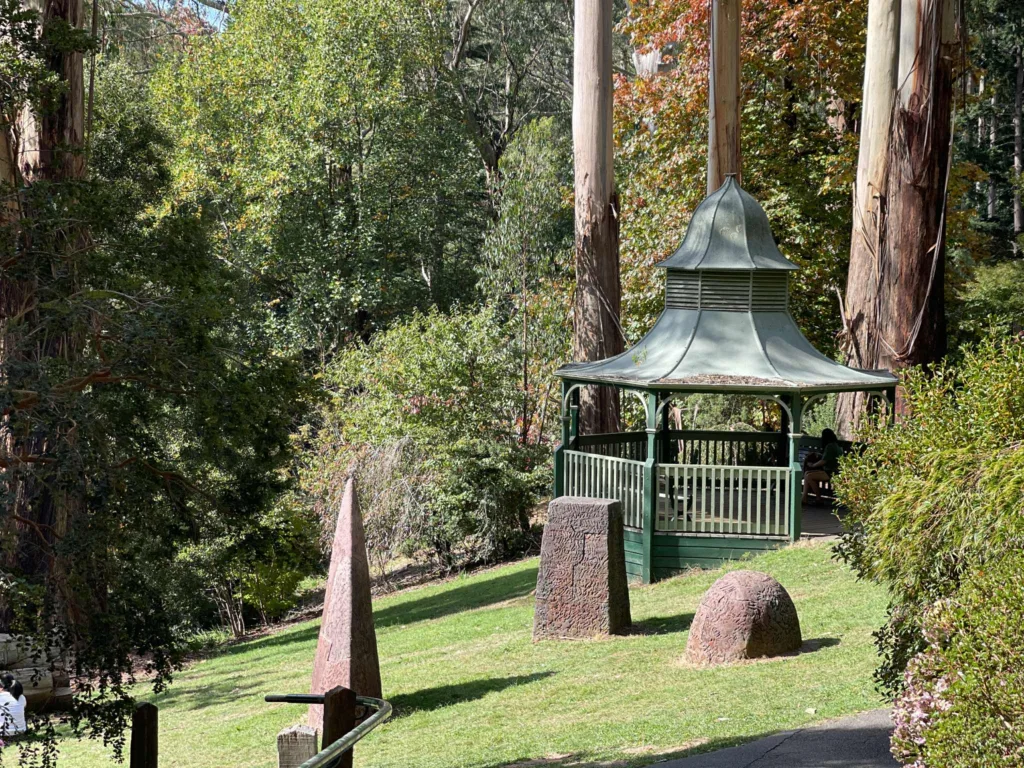
For newcomers, the group also offers practical support. “People share information about everyday things, like stratologia [military service], that’s useful for my son,” Evangelos explains. “Little things that help you settle in.”
But for him, the real joy lies in philosophising. “We talk about everyday things, but sometimes we go deeper: politics, culture, even philosophy. It’s a bit like the ancient Greeks walking and talking.”
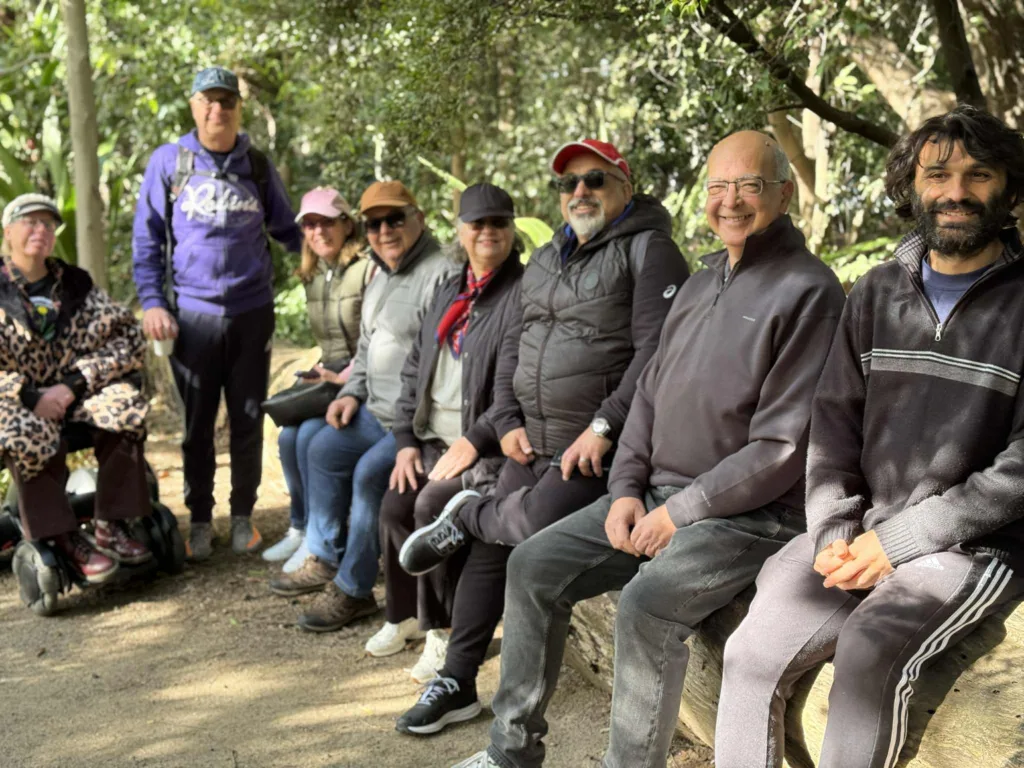
Indeed, the practice has deep roots. Ancient philosophers were famous for their “walking meetings.” Raphael’s School of Athens depicts Plato and Aristotle mid-stride, deep in debate. Aristotle’s followers even became known as the Peripatetic School, literally meaning “those who walk about.”
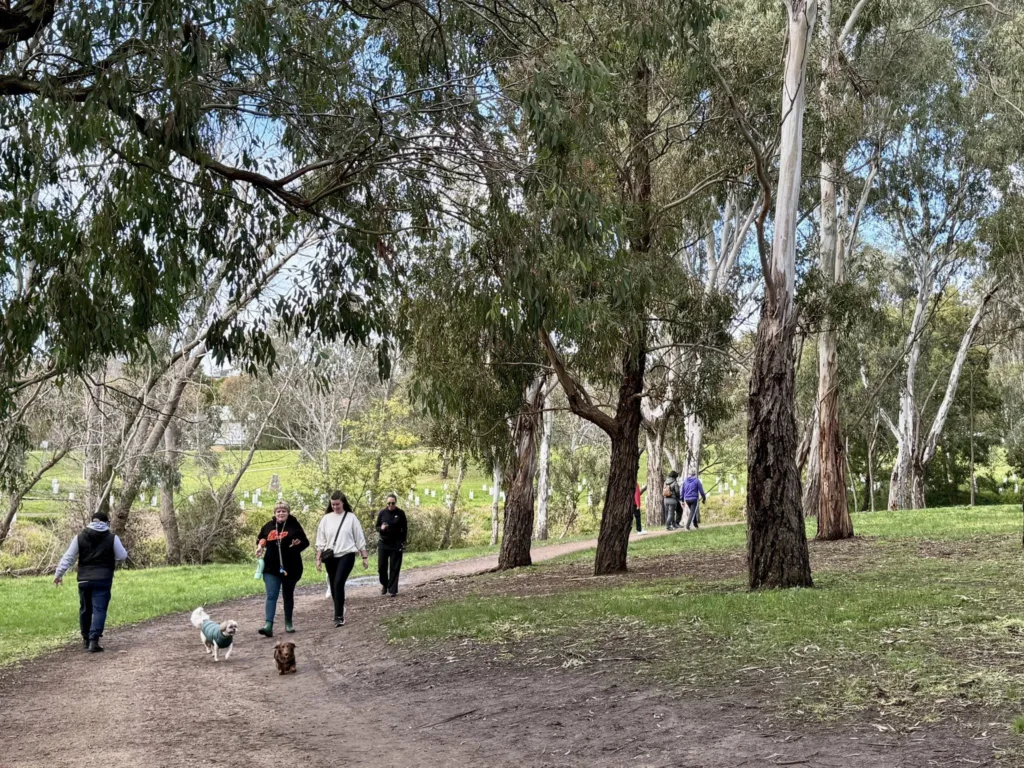
Apart from weaving language and culture into the rhythm of their steps, Dorothy and Evangelos also make a point of exploring different areas of Melbourne. “It’s about also about uncovering hidden gems in the city and enjoying the benefits of being outdoors,” Dorothy says.
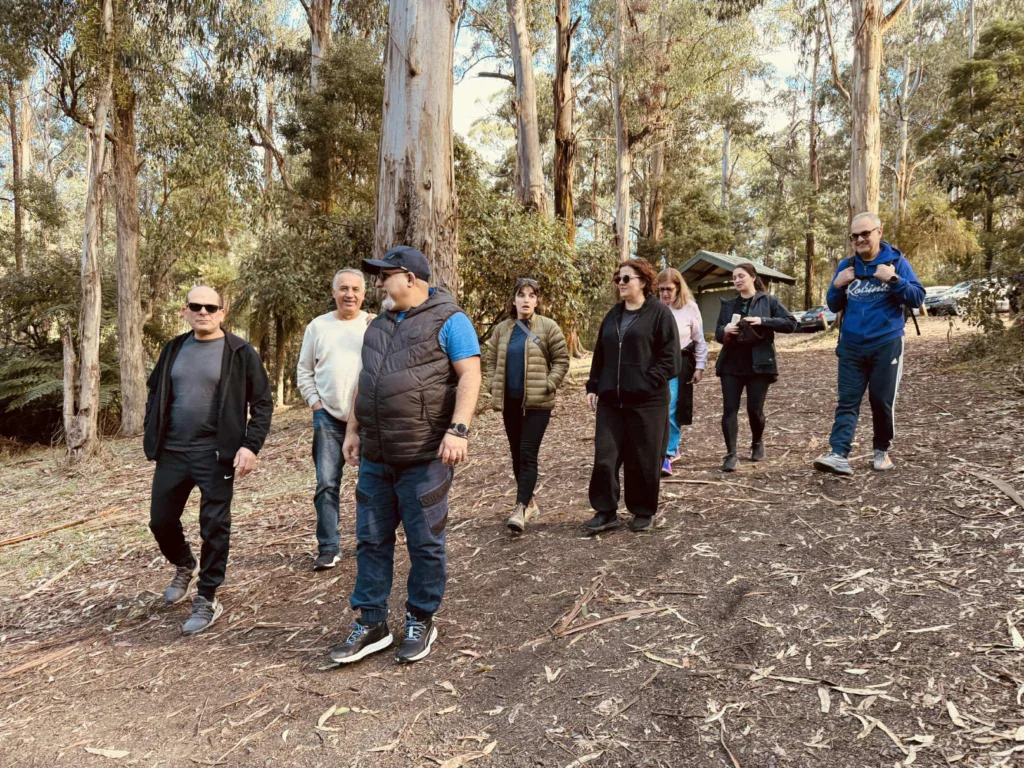
Dogs splash in the shallows, leaves crunch underfoot, and Greek words float through the gum trees.
For SMS participants, it’s a ritual that nourishes body and soul. Or, as Evangelos puts it simply: “Thinking. Talking. Walking. That’s what it’s all about.”
The next walk will be at Merri Creek, 11am on Sunday, 14 September. Meeting Point at the parking at Harry Atkinson Art and Craft Centre (Lake Grove, Coburg North). Future walks are announced at the
SMS website: https://sms-melbourne.com/about/
